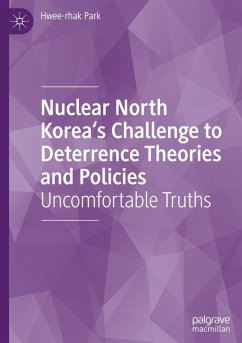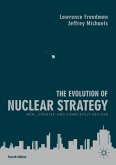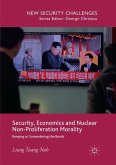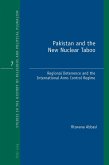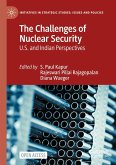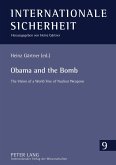This book analyzes the challenges of North Korea's nuclear threat today and the shortcomings of nuclear defense theory. With North Korea openly threatening to attack the United States and South Korea using nuclear weapons following its successful development of hydrogen bombs and intercontinental ballistic missiles (ICBMs) deterrence against the regime has become both urgent and increasingly uncertain. Furthermore, North Korea s formal de facto alliance with Russia, established in 2024, raises the possibility that its nuclear forces could disrupt the strategic nuclear balance between the United States and the Russia China bloc. As North Korea directly challenges the credibility of the U.S. nuclear extended deterrence, or nuclear umbrella, for South Korea, the traditional deterrence model based on the threat of overwhelming retaliation may no longer be effective. To advance the discourse on nuclear deterrence and address these emerging challenges, this book introduces several new concepts, including Balance of Fear, Institutional (Nuclear) Deterrence, Alliance Correctness, and Line of Nuclear Deterrence. The primary audience for this book includes academics and students specializing in international relations, particularly those focusing on nuclear deterrence. Additionally, policymakers, government officials in diplomatic and security organizations, and military personnel in the United States, NATO member states, and other regions will find this book valuable for understanding and responding to North Korea s evolving nuclear threat.
Bitte wählen Sie Ihr Anliegen aus.
Rechnungen
Retourenschein anfordern
Bestellstatus
Storno

